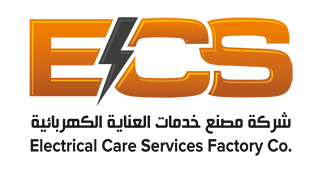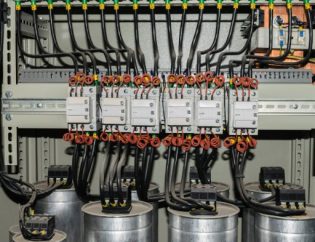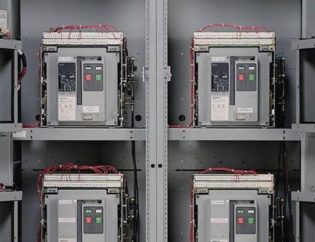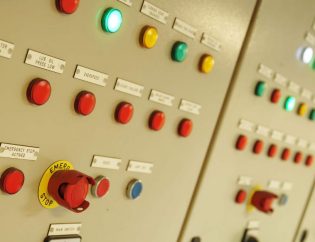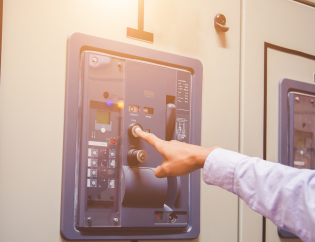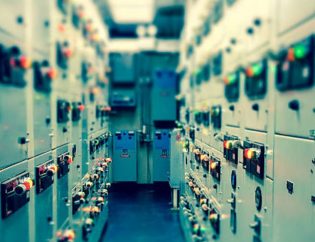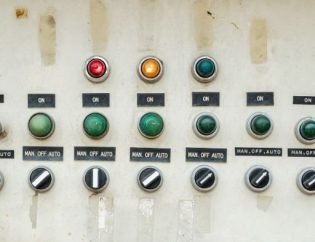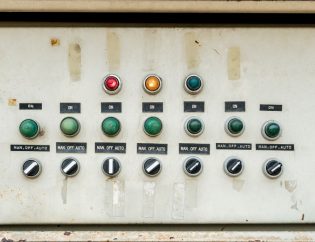Understanding Industrial Generator Control Panels:
Industrial generator control panels are specifically designed to meet the demands of industrial applications. They consist of components and functions tailored to the needs of industrial machinery and equipment. These control panels serve as the central command for monitoring and controlling power generation, ensuring efficient operations in industrial settings.
Power Requirements in Industrial Settings:
Industrial environments often have high power demands due to the presence of heavy machinery, motors, and complex equipment. When selecting a generator control panel for industrial applications, it is crucial to accurately assess the power requirements. Consider factors such as peak power demand, load balancing for multiple loads, and the ability to handle sudden surges or fluctuations in power consumption.
Environmental Factors:
Industrial settings can be harsh and challenging environments for generator control panels. Extreme temperatures, high humidity, dust, and vibrations are common factors that need to be addressed. Proper ventilation and cooling mechanisms must be in place to maintain optimal operating temperatures. Additionally, control panels should be designed to withstand vibrations, shocks, and impacts commonly encountered in industrial environments.
Safety Regulations and Compliance:
Industrial applications are subject to stringent safety regulations and codes. Generator control panels must adhere to these standards to ensure the safety of personnel and equipment. Features such as emergency shut-off switches, overload protection, and grounding mechanisms are essential to meet safety requirements. Regular inspections and compliance with safety guidelines are crucial to maintaining a safe working environment.
Communication and Integration:
Integration of generator control panels with industrial automation systems is necessary for seamless operations. Communication protocols and compatibility considerations should be taken into account when selecting control panels. The ability to connect and exchange data with other industrial systems enhances efficiency and enables remote monitoring and control capabilities.
Redundancy and Backup Solutions:
In critical industrial processes, redundant systems and backup solutions are essential to avoid costly downtime. Industrial generator control panels should support redundant configurations to ensure uninterrupted power supply. Automatic transfer switches and synchronization options facilitate seamless transitions between primary and backup power sources.
Maintenance and Serviceability:
Regular maintenance and inspections are vital in industrial environments to ensure the reliability and longevity of generator control panels. Accessibility and ease of maintenance should be considered during the panel’s installation to facilitate routine checks and repairs. Implementing scheduled maintenance procedures and documenting service history will help identify potential issues and ensure optimal performance.
Compliance with Industry-Specific Requirements:
Different industries, such as oil and gas, manufacturing, healthcare, and others, may have industry-specific requirements and regulations. It is essential to understand and comply with these requirements when selecting and implementing generator control panels. Working with experienced professionals and consulting industry experts can provide valuable insights into meeting specific industry needs.
Conclusion:
Generator control panels for industrial applications require special considerations to meet the unique demands and challenges of industrial environments. By carefully evaluating power requirements, addressing environmental factors, complying with safety regulations, and considering industry-specific needs, industrial operators can ensure reliable and efficient power supply. Partnering with experienced professionals and industry experts is crucial for selecting, implementing, and maintaining generator control panels that are tailored to industrial applications. Ultimately, these control panels play a vital role in enabling seamless operations and supporting the productivity and success of industrial processes.
